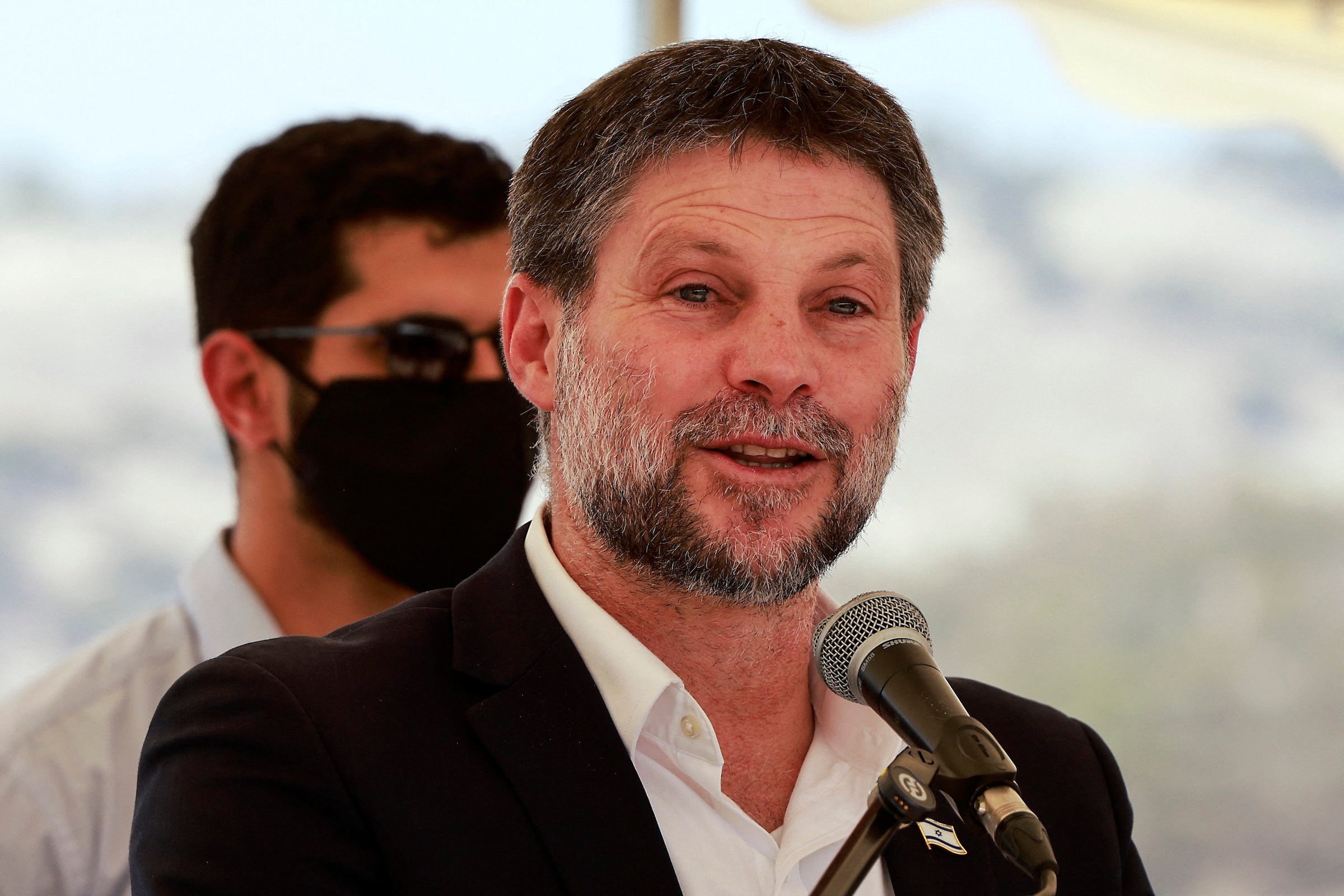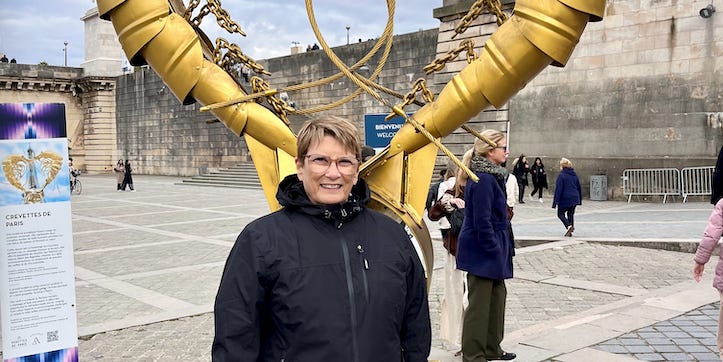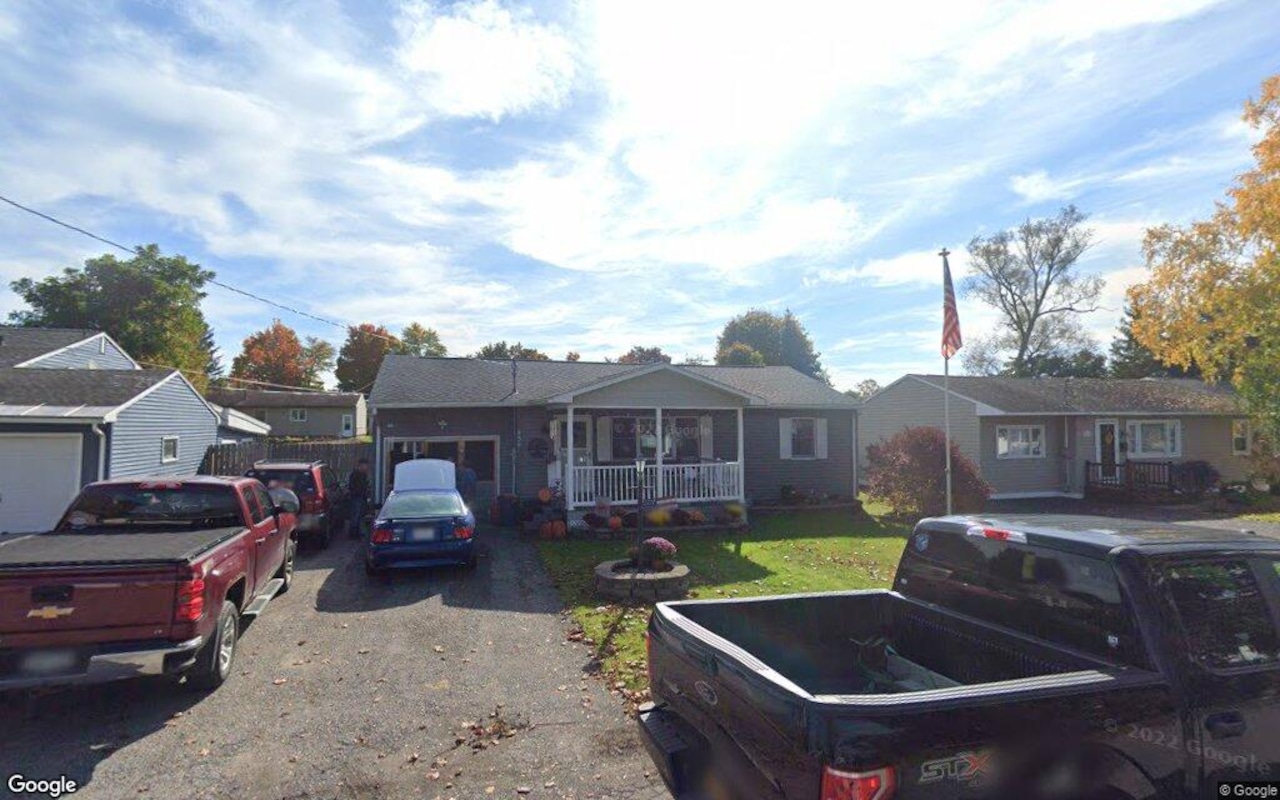B
ezalel Smotrich, Israel’s far‑right finance minister, told a press conference near Maale Adumim that the war’s high cost obliges a division of Gaza’s land. “We paid a lot for the war, so we must decide how to split the percentages of the land,” he said, framing the demolition of Gaza as the first step toward rebuilding.
Smotrich claimed Israel is already negotiating with the United States on a “business plan” to turn the 2.2 million‑person Gaza Strip into a real‑estate venture. He said the proposal sits on President Donald Trump’s desk and that the genocide “pays for itself” because the war’s expenses justify the redevelopment.
The U.S. plan, dubbed the Gaza Reconstitution, Economic Acceleration and Transformation Trust (GREAT Trust), was drafted by Israeli entrepreneurs and the Gaza Humanitarian Foundation. Boston Consulting Group supplied financial modeling, projecting a four‑fold return on a $100 billion investment. The scheme would relocate Palestinians, offering them a small fee and a digital token that could be exchanged for relocation or, eventually, an apartment in one of six to eight AI‑powered smart cities in Gaza.
The plan aligns with Trump’s “Riviera” vision of a luxury resort on former Palestinian homes. Israeli and U.S. officials insist the relocation would be temporary, but Senators Chris Van Hollen and Jeff Merkley argue the move is a prelude to ethnic cleansing, labeling the “voluntary” exodus narrative as a cover story.
Smotrich’s remarks came amid growing international scrutiny. While the U.S. and Israel maintain that the plan respects international law, critics point to the forced displacement of an entire population, a violation of global norms. The Boston Consulting Group has since distanced itself, citing the dismissal of partners who approved the project.
The debate highlights the clash between economic ambitions and human rights concerns, as Israel seeks to monetize the aftermath of its Gaza campaign while facing accusations of orchestrating a mass expulsion of Palestinians.















